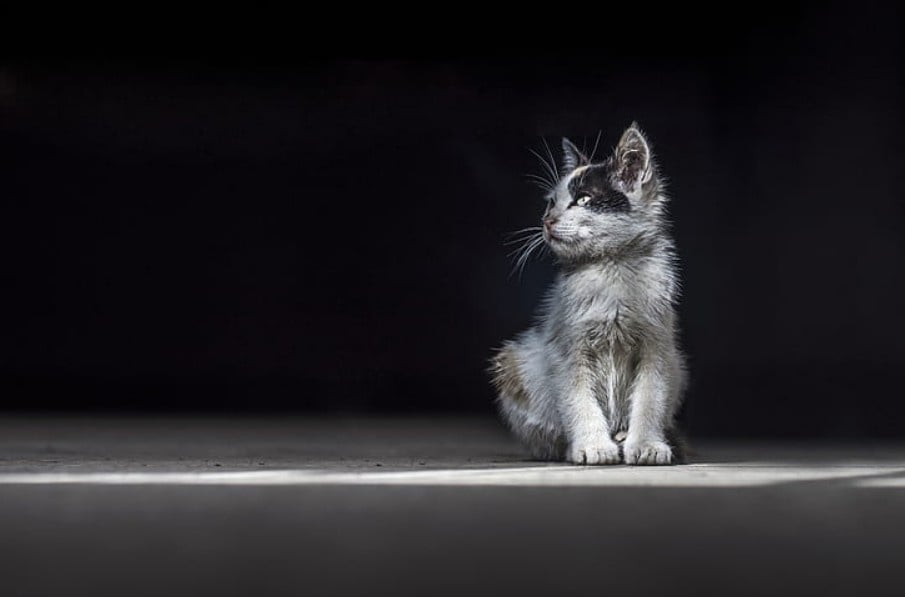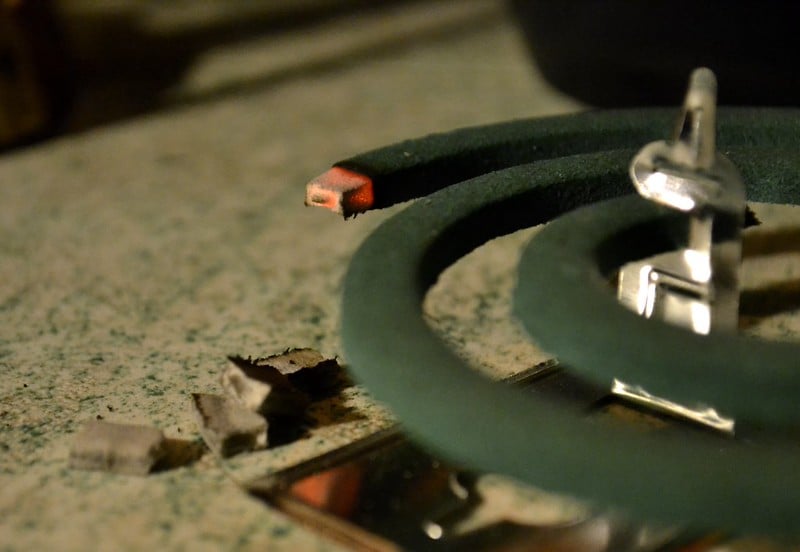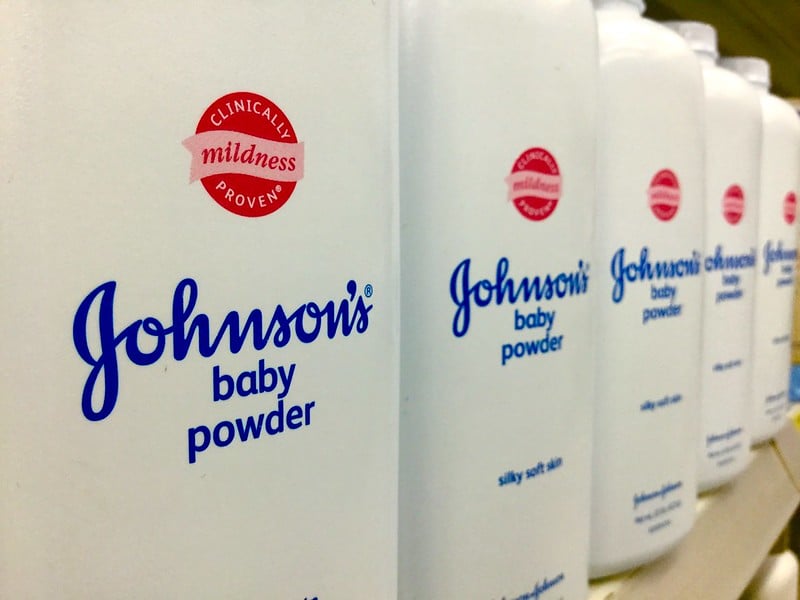In what rescue workers are calling one of Suffolk County’s most disturbing animal hoarding cases, firefighters responding to an ammonia odor complaint on May 3 discovered a house of horrors on Westminster Drive in Bohemia, Long Island. The property contained 28 dead cats—some stored in a freezer—alongside 61 severely ill felines, including 8 newborn kittens. The property has been condemned by the Town of Islip Fire Marshal and HazMat team.
The Suffolk County SPCA has established a Mobile Animal Surgical Hospital (MASH) Unit at the Islip Animal Shelter to provide urgent care for the survivors. Three cats in critical condition have already been humanely euthanized due to the severity of their medical conditions.
“The cats are suffering from severe upper respiratory infections and require immediate veterinary intervention,” states the Suffolk County SPCA in their official release. The organization has issued an urgent appeal for $10,000 in donations to cover medication costs and is seeking licensed veterinarians and vet technicians to volunteer their services.
The medical needs are substantial. According to veterinary cost data, treating upper respiratory infections in cats averages $219 per animal. With 61 rescued cats requiring care, medication expenses alone could reach $13,359. Each survivor must undergo testing for Feline Immunodeficiency Virus (FIV) and Feline Leukemia Virus (FeLV)—tests that typically cost $40–$60 per cat. Research from Cornell University’s College of Veterinary Medicine confirms that FIV-positive cats can live normal life spans with proper indoor care and regular veterinary monitoring.
While no charges have been filed against the homeowner Stephen Glantz, New York’s legal system provides clear guidelines for animal neglect cases. Under the state’s Agriculture & Markets Law § 353, failing to provide proper sustenance to animals constitutes a misdemeanor punishable by fines and up to one year imprisonment. Section 353-A elevates cases involving extreme animal suffering to a Class E felony, which carries penalties of up to two years incarceration. The Suffolk County SPCA has initiated a formal animal cruelty investigation.
Similar Posts
The extreme ammonia concentrations inside the home presented serious health hazards. Scientific research indicates that ammonia becomes a respiratory irritant at concentrations above 30 parts per million (ppm), causing inflammation of the trachea and increasing vulnerability to secondary infections in both animals and humans. First responders required specialized personal protective equipment to safely enter the premises, which registered dangerous levels of airborne contaminants.
This case highlights ongoing challenges in companion animal management. The United States currently faces an estimated feral and stray cat population of 60–100 million animals. Trap-Neuter-Return (TNR) programs represent the most humane and effective approach to managing these populations, according to multiple studies published in peer-reviewed journals. When implemented with high sterilization rates and consistent monitoring, TNR can effectively stabilize and ultimately reduce colony sizes, preventing situations that can overwhelm individual caregivers.
The ASPCA defines animal hoarding as the “accumulation of animals that has overwhelmed a person’s ability to provide minimum standards of care,” typically accompanied by denial of the animals’ suffering and often linked to underlying behavioral health conditions. Effective intervention requires collaboration among animal welfare organizations, behavioral health professionals, and social services to address both the immediate animal suffering and the underlying human factors.

Neighbors had reported persistent ammonia odors affecting nearby properties, demonstrating how individual cases can escalate into community health concerns. This underscores the importance of early reporting when animal welfare issues are suspected. The Suffolk County SPCA continues to seek volunteer veterinary professionals and donations to address the immediate needs of the rescued cats. Those wishing to offer assistance can contact them at 631-382-7722.
This case serves as an important reminder of the critical role community vigilance plays in preventing animal suffering and the need for prompt intervention in potential hoarding situations.

















